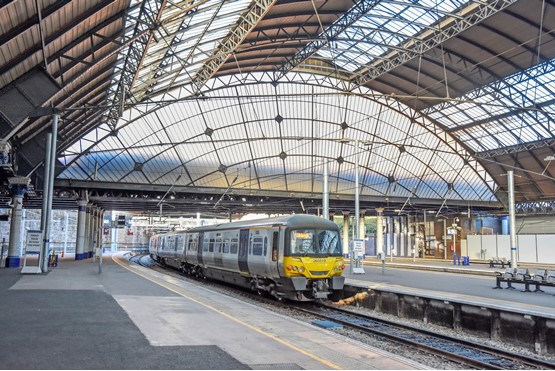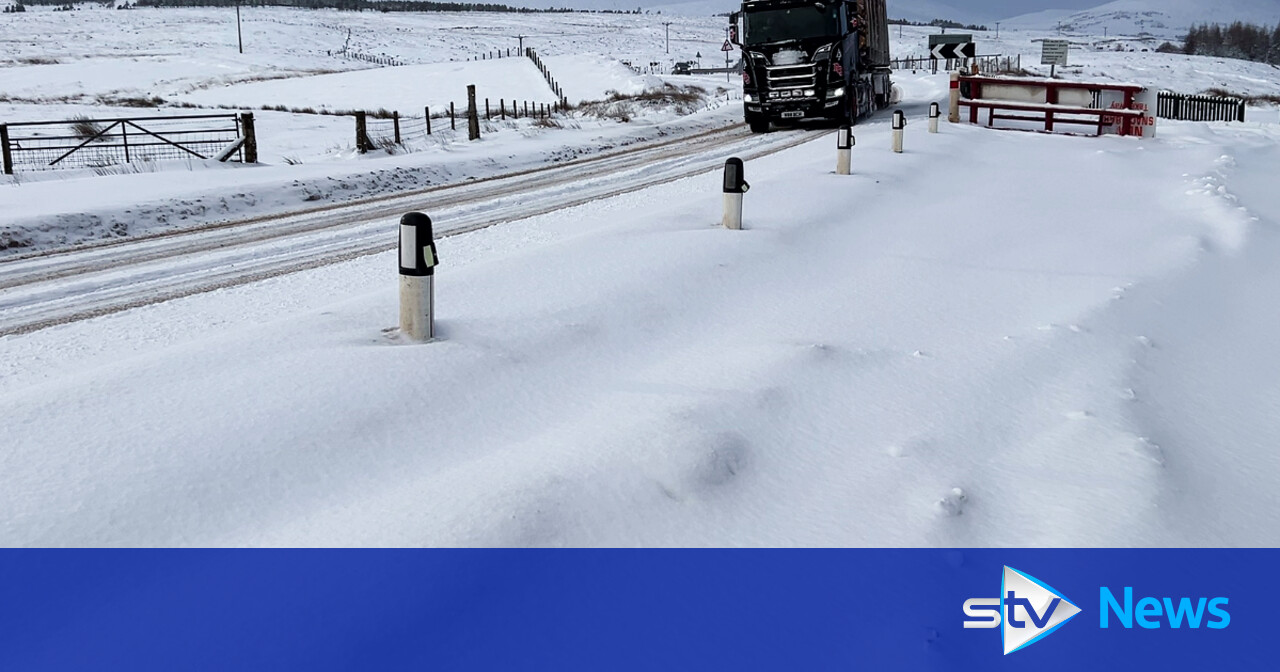Integration of track and train in England “cannot be at the expense of Scotland going backward”, SNP Transport Secretary Fiona Hyslop has said.
She also criticised the current five-year cycle for infrastructure spending and warned the rail industry that it faces “hard realities” over cuts to capital investment in Scotland.
Speaking at a Rail Industry Association (RIA) Scotland fringe meeting at her party’s annual conference on August 30, Hyslop said UK Government Rail Minister Peter Hendy “compliments” the Scottish Government on its approach to rail. But said she was concerned that the establishment of Great British Railways (GBR) could “compromise our abilities in Scotland to continue to do what we do”.
ScotRail is now publicly owned by the Scottish Government, and works in a partnership agreement with Network Rail Scotland. While the latter’s management structure is reserved to Westminster, Holyrood controls all infrastructure funding north of the border. The SNP government has repeatedly called for all rail powers to be devolved.
Hyslop told the meeting: “I want full devolution, I want independence for our country, I’d like to have us running a system similarly to other countries do — at the very least devolution of those responsibilities should come to Scotland. That’s not going to happen, I suspect, under the current UK Government, but my job is to make sure that while England may be going a step forward in terms of their integration of track and train, that cannot be at the expense of Scotland going backward.”
Under the previous UK Conservative government, Hyslop told RAIL’s sister publication Rail Review that she was concerned GBR “may have a detrimental effect” on vertical integration in Scotland. She pointed to paragraphs in the draft bill that emphasised a “single national leadership” and a single “guiding mind” at UK level, which she said would “create unnecessary and inefficient complication for Scotland’s railway”.
RIA Scotland vice-chair Lorna Gibson welcomed the current funding for rail infrastructure in Scotland under the five-year ‘control period’ CP7, which began in April this year and runs till 2029.
“Our concern remains around the long-term strategy,” Gibson said. “You’ll be well aware of the benefits of continuous activity, which comes from long-term investment, where suppliers invest with confidence, particularly in recruitment and skills. On the other hand, discontinuous working brings uncertainty, diminishes confidence and causes job and skill losses. Members are concerned just now about the impact this is having on skills and jobs.”
Hyslop replied: “I would want as an independent country to be able to give 20 years’ commitment as the Danish state has, but unfortunately we are part of this five-year cycle. If you want a good infrastructure for our country, you don’t do it on yearly budgets, you don’t do it on five-year cycles, you do it on long-term planning and you establish that. And that’s why I think we as party need to be demonstrating and showing people that that’s the type of country we can have with independence and that type of planning.”
And she warned that infrastructure spending faced tougher conditions in the near future. “You know and will have heard about the issues around capital investment — that we’re going to get a nine per cent cut in capital investment — and we also know that construction costs are inflated.”
Hyslop, an SNP veteran who served in the cabinets of Alex Salmond and Nicola Sturgeon, returned to the front bench as Transport Minister last year, and stayed in post when the portfolio was re-elevated to cabinet rank in February.










